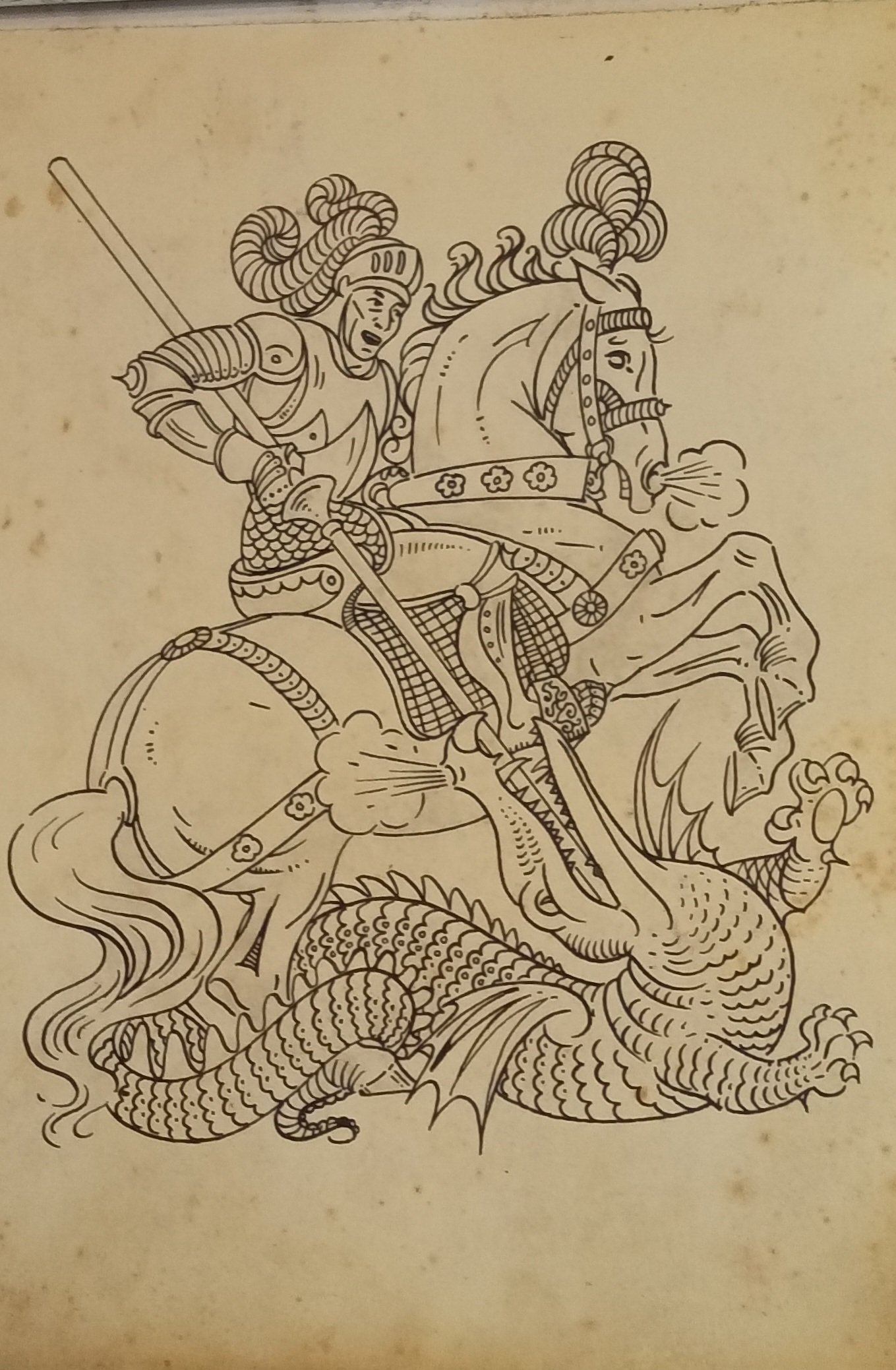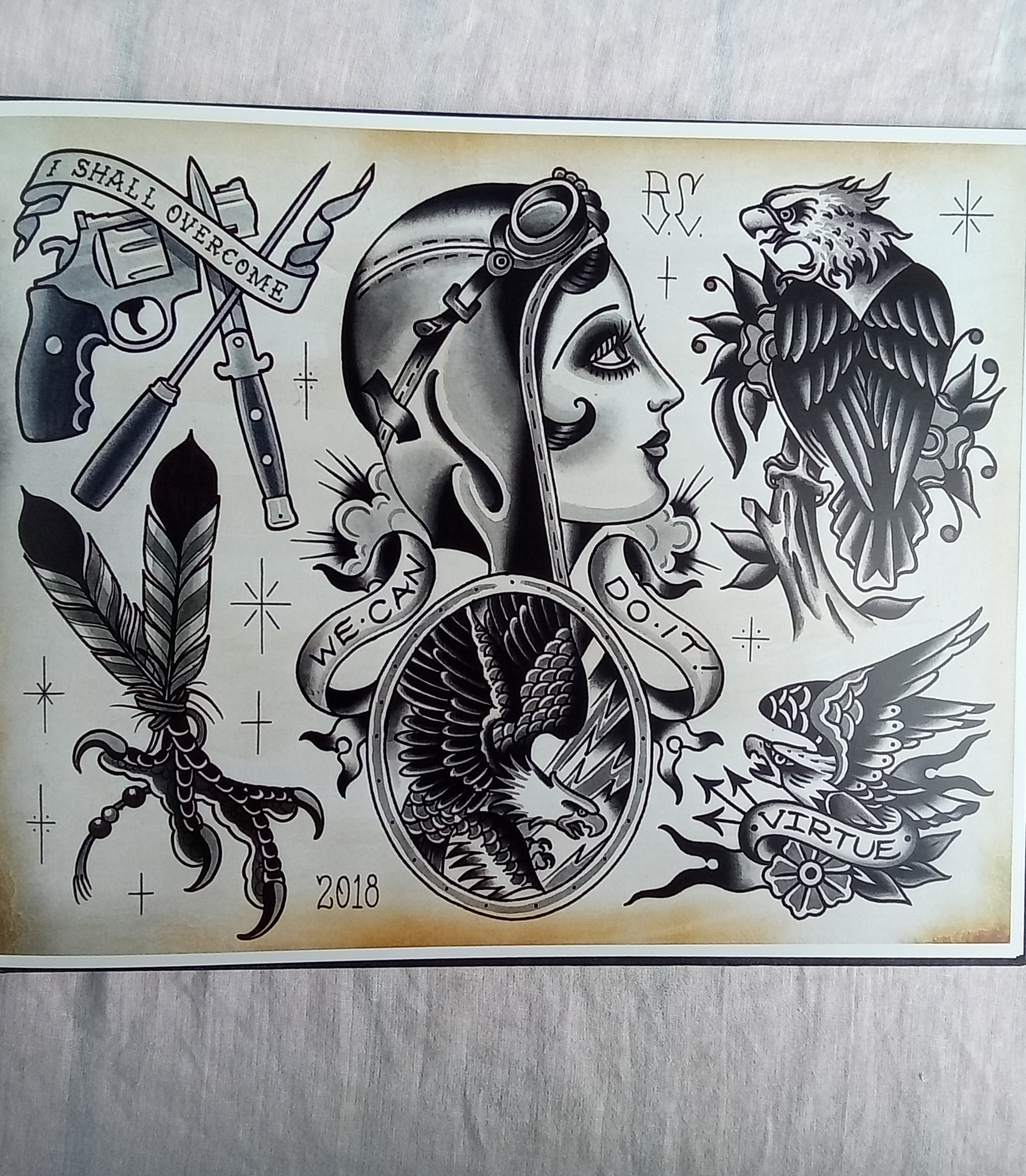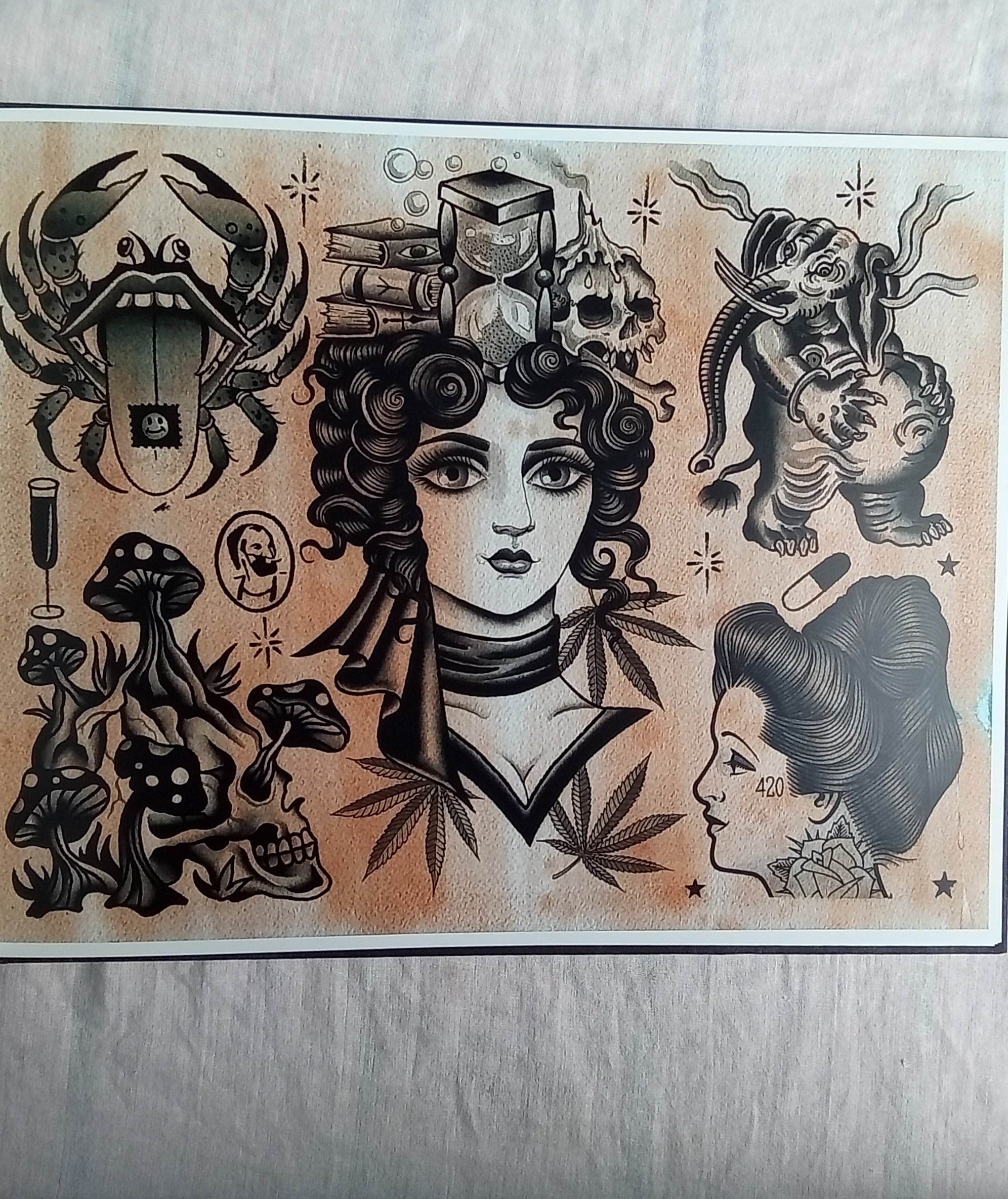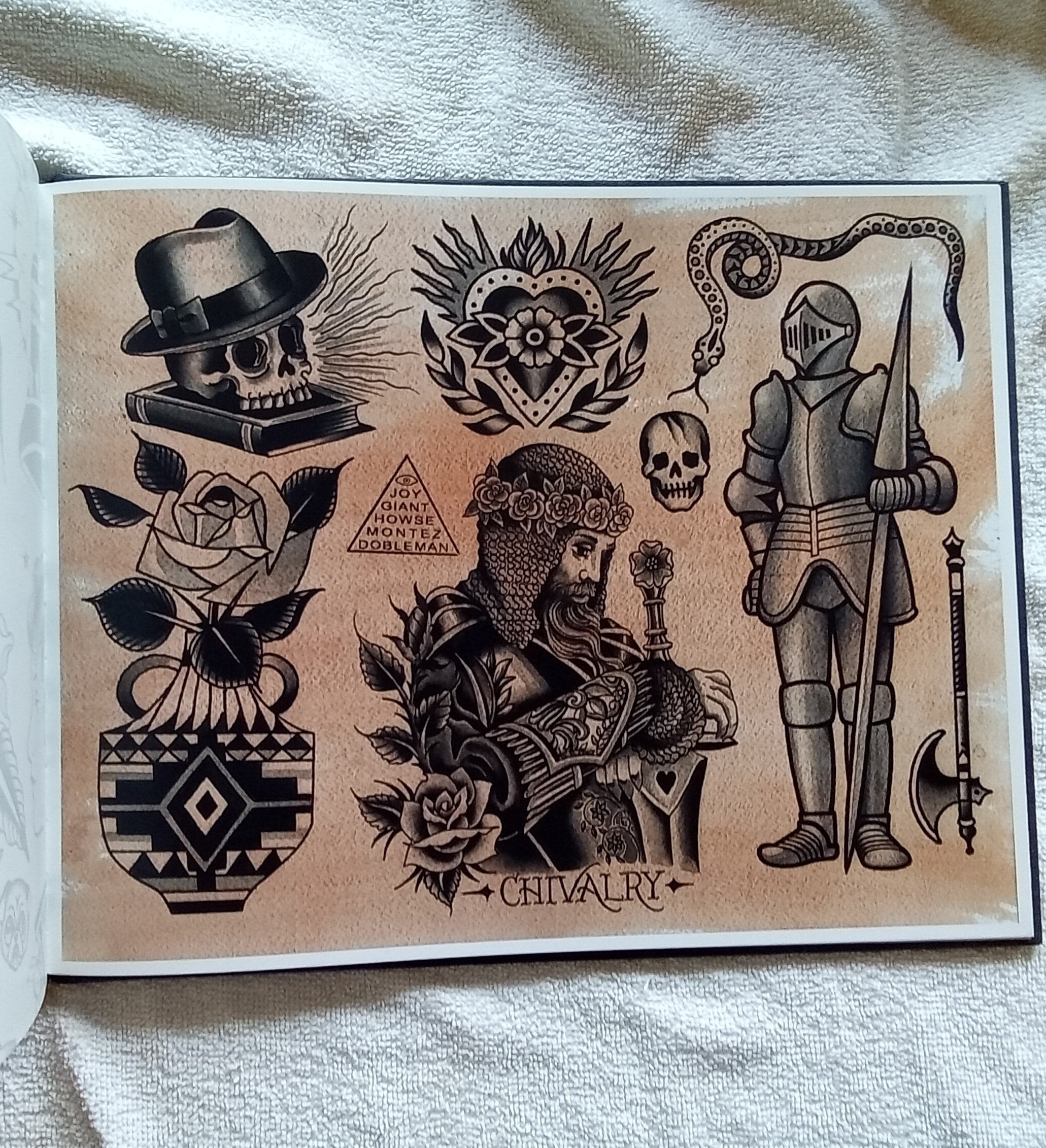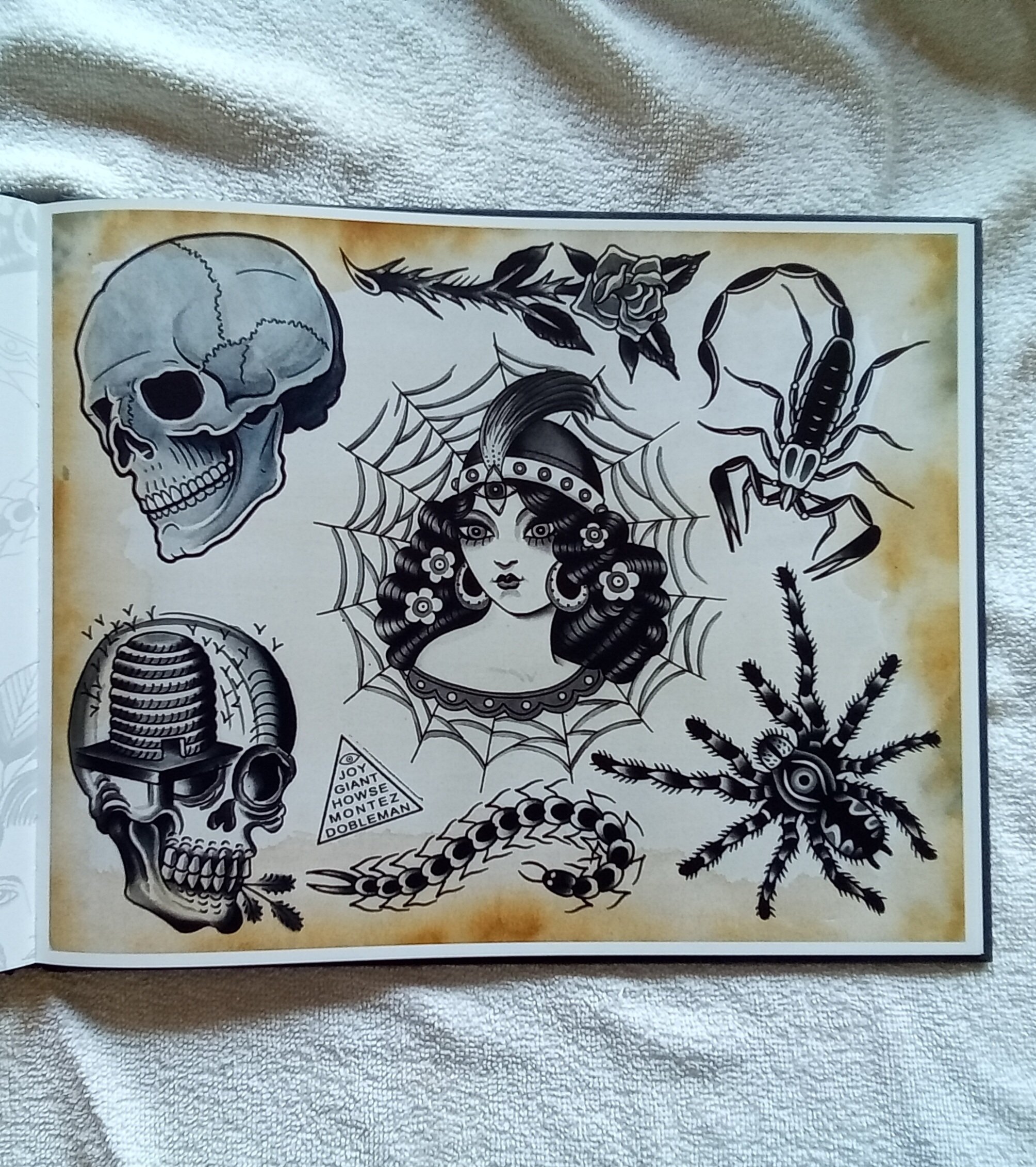 Image 1 of 16
Image 1 of 16

 Image 2 of 16
Image 2 of 16

 Image 3 of 16
Image 3 of 16

 Image 4 of 16
Image 4 of 16

 Image 5 of 16
Image 5 of 16

 Image 6 of 16
Image 6 of 16

 Image 7 of 16
Image 7 of 16

 Image 8 of 16
Image 8 of 16

 Image 9 of 16
Image 9 of 16

 Image 10 of 16
Image 10 of 16

 Image 11 of 16
Image 11 of 16

 Image 12 of 16
Image 12 of 16

 Image 13 of 16
Image 13 of 16

 Image 14 of 16
Image 14 of 16

 Image 15 of 16
Image 15 of 16

 Image 16 of 16
Image 16 of 16

















Maori tattooing
Originally published in 1896, this classic of ethnography was assembled by a skilled illustrator who first encountered Maori tattoo art during his military service in New Zealand. Maori tattooing (moko) consists of a complex design of marks, made in ink and incised into the skin, that communicate the bearer's genealogy, tribal affiliation, and spirituality. This well-illustrated volume summarizes all previous accounts of moko and encompasses many of Robley's own observations. He relates how moko first became known to Europeans and discusses the distinctions between men and women's moko, patterns and designs, moko in legend and song, and the practice of mokomokai: the preservation of the heads of Maori ancestors. Features 180 black-and-white illustrations. 240pgs
Originally published in 1896, this classic of ethnography was assembled by a skilled illustrator who first encountered Maori tattoo art during his military service in New Zealand. Maori tattooing (moko) consists of a complex design of marks, made in ink and incised into the skin, that communicate the bearer's genealogy, tribal affiliation, and spirituality. This well-illustrated volume summarizes all previous accounts of moko and encompasses many of Robley's own observations. He relates how moko first became known to Europeans and discusses the distinctions between men and women's moko, patterns and designs, moko in legend and song, and the practice of mokomokai: the preservation of the heads of Maori ancestors. Features 180 black-and-white illustrations. 240pgs












